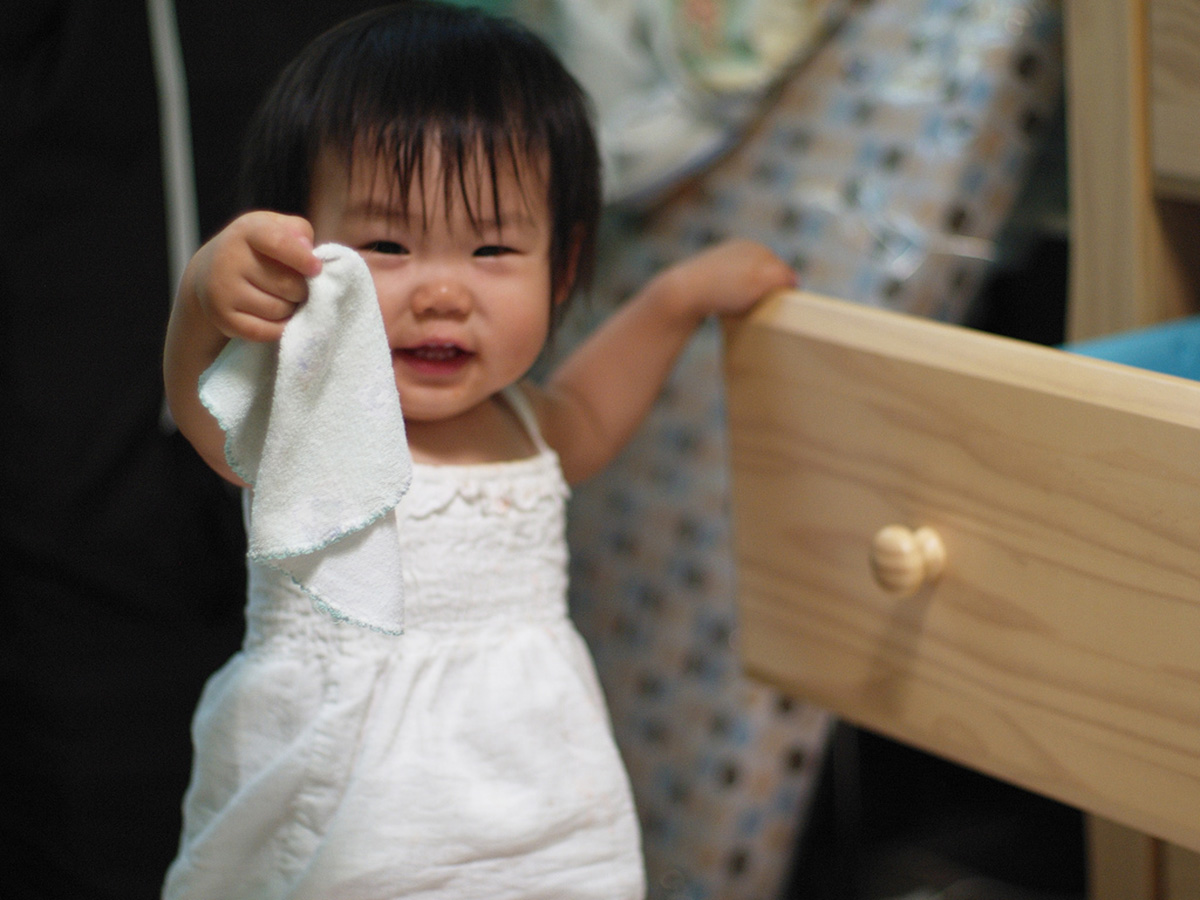Table of Contents
We all know how to brush our teeth, wash our hair, keep up with washcloths, choose the right antibacterial soap, and get wax out of our ears — or do we? Here is essential information most people don't know about their daily hygiene routines.
One of the most common causes of acne and other skin infections is also one of the easiest to avoid.
3. Never use the same washcloth or wash towel twice
Many teenagers go through elaborate cleansing routines to treat acne, and then pat (or worse, rub) their faces dry with a dirty towel. You can't overcome acne and other skin infections like impetigo if you reinfect yourself with a washcloth or wash towel you have already used, or if you share bath linens with someone else who has the skin infection.

Towels and washcloths should be managed as one and done. This is particularly important for avoiding infections with Staphylococcus aureus, the bacterium that causes pimples that break out with a yellow dome in the center. It also helps to wash your hands frequently during the day, so you don't transfer bacteria you pick up from other people and from contaminated objects when you touch your face.
Bathroom sponges and luffahs, by the way, are magnets for bacteria. Rinse out your luffah every time you use it. Don't share it. Never use a bathroom sponge on your skin.
4. The best antibacterial soap is no antibacterial soap
Antibacterial soaps are more expensive, and using them results in more germs. How can this be?
Antibacterial soaps really do kill more bacteria. Lifebuoy antibacterial handwash (containing an ingredient called triclocarban) and Palmolive hygiene handwash (containing unspecified “natural” active ingredients) have been found in laboratory testing to kill more bacteria than other antibacterial soaps and regular soaps. These two brands may be useful. However, other products may cause as many problems as they solve.
- Products that contain the ingredient triclosan often cause skin irritation, and they also fail to control some strains of bacteria that live on human skin. Triclosan may kill the "helpful" or neutral bacteria, and allow triclosan-resistant germs to flourish and cause infection.
- A related chemical called triclocarban does not yet induce bacteria resistance, but it is absorbed through the skin and can interfere with liver enzymes.
- Alcohol is more effective in fighting skin bacteria than almost any commonly used cleanser, but it can also dry out the skin, creating more ways for surviving bacteria to cause infection.
Generally, unless you have a specific reason for using a specific antibacterial soap, it's best simply to wash your hands with regular soap and warm water, lathering and holding them in the stream of water for 15 seconds or more, long enough to sing "Row, Row, Row Your Boat."
5. Don't remove ear wax with a cotton swab
Many people keep their ears clean with cotton swabs on paper sticks; products like Q-Tips. While Q-Tips have many applications in skin care, such as removing makeup and getting into nooks and crannies of skin on the surface of the body, you shouldn't put them into your ears. A cotton swab on a stick can force wax deeper into your ear, defeating the purpose of cleaning, or even damage your ear drum. Use cotton wrapped around your finger applied to the opening of your ears instead.
- Choi YS, Suh HS, Yoon MY, Min SU, Kim JS, Jung JY, Lee DH, Suh DH. A study of the efficacy of cleansers for acne vulgaris. J Dermatolog Treat. 2010 May. 21(3):201-5. doi: 10.3109/09546630903401454. PMID: 20394494.
- Kaliyadan F, Aboulmagd E, Amin TT. Antimicrobial activity of commercial "antibacterial" handwashes and soaps. Indian Dermatol Online J. 2014 Jul. 5(3):344-6. doi: 10.4103/2229-5178.137799.
- Photo courtesy of stevendepolo via Flickr: www.flickr.com/photos/stevendepolo/4947026134
- Photo courtesy of mliu92 via Flickr: www.flickr.com/photos/mliu92/2769854470


Your thoughts on this